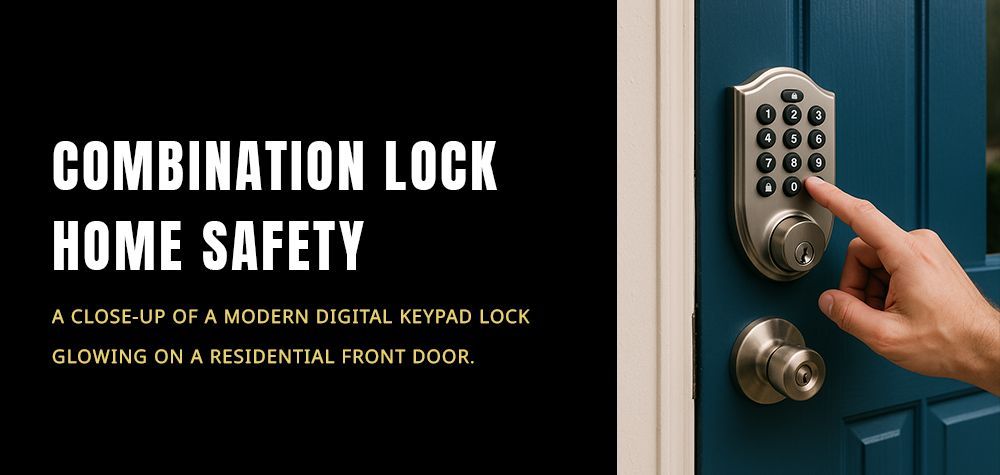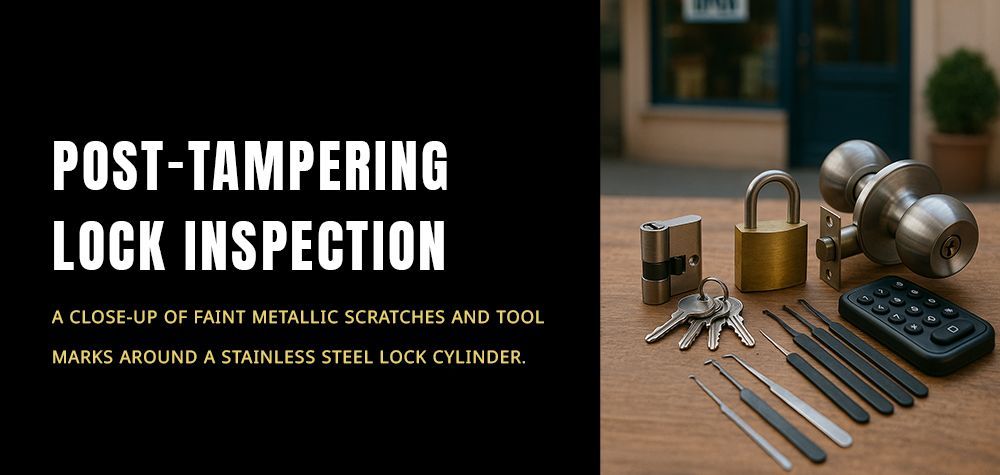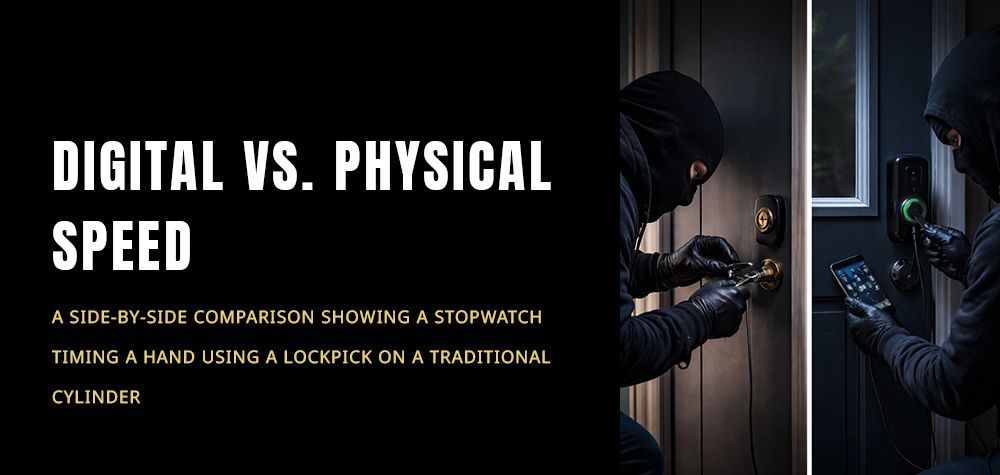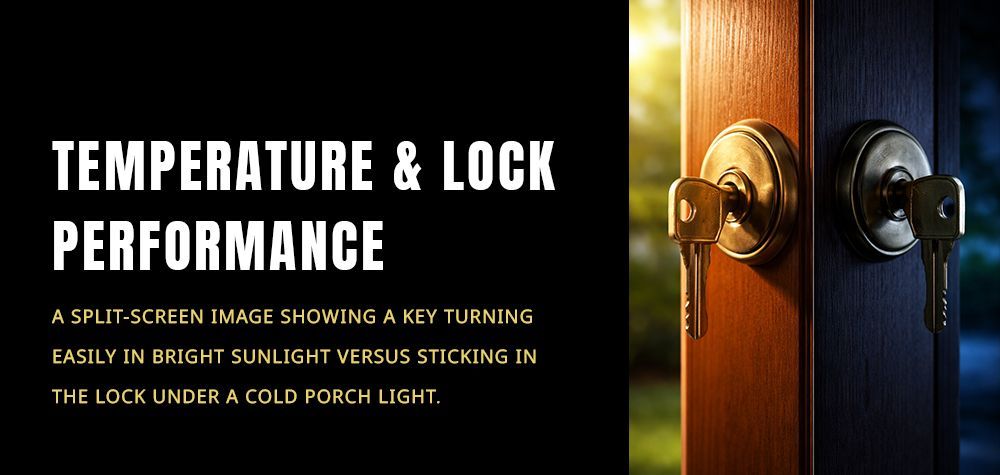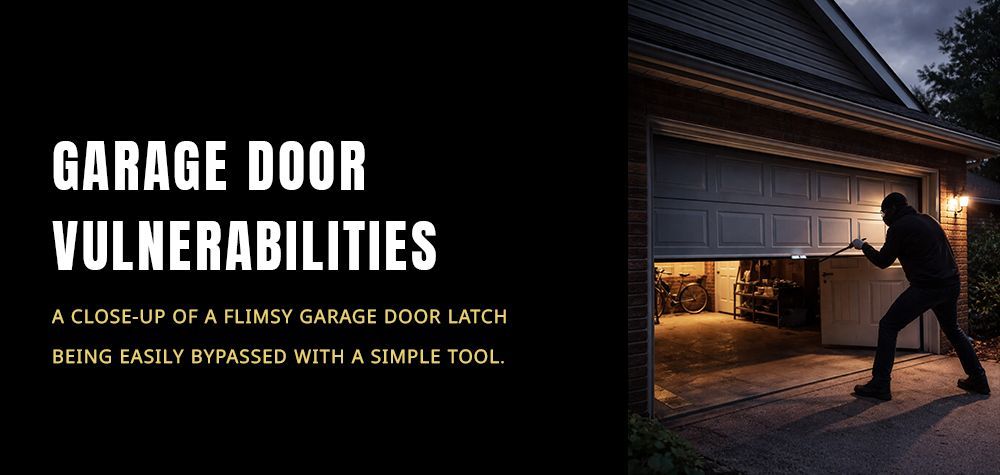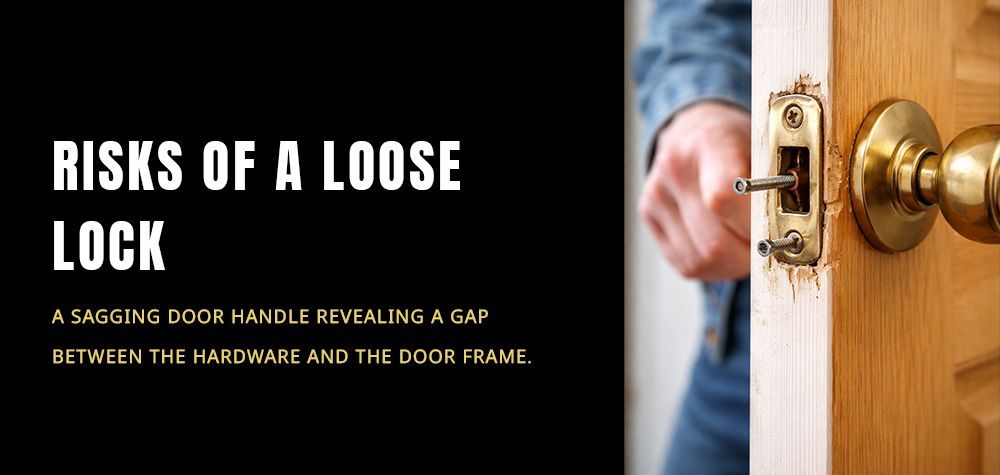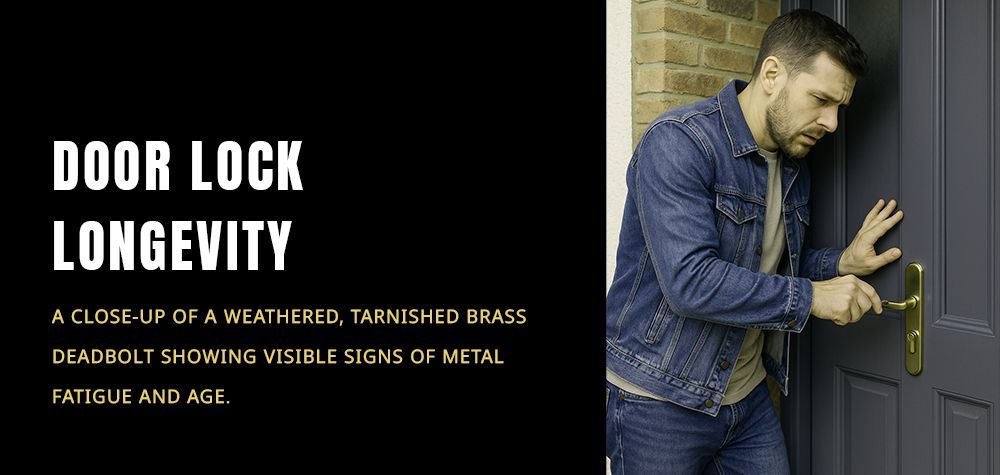Some Expert Tips on How to Change Your Locks After a Break-In
It’s an unfortunate reality that break-ins can happen, leaving you feeling vulnerable and unsafe in your own home. One of the most important steps you can take after experiencing a break-in is to change your locks. By doing so, you regain control over your home’s security and restore your peace of mind. In this blog post, we’ll guide you through the process of changing your locks after a break-in, providing you with practical tips and valuable insights.
The Importance of Changing Your Locks After Break-Ins
1. Regain a Sense of Security
When you’ve been the victim of a break-in, the invasion of your personal space can leave you feeling violated and vulnerable. By changing your locks, you take a proactive step towards regaining control over your home’s security. It’s a powerful way to reclaim your peace of mind and create a safe haven for yourself and your loved ones.
2. Prevent Future Intrusions
Changing your locks not only addresses the immediate breach, but also serves as a preventive measure against future break-ins. It eliminates the risk of the intruder having unauthorized access to your home in the future. By installing new, secure locks, you enhance your home’s defenses and discourage potential burglars from targeting your property.
3. Upgrade to Advanced Security Features
A break-in is an opportunity to reassess your home’s security and explore options for stronger, more advanced locking mechanisms. Modern locks offer innovative features such as keyless entry, smart locks, and biometric authentication. Upgrading your locks can provide you with added convenience, enhanced protection, and peace of mind knowing that you’ve taken a proactive step to secure your home.
4. Maintain Insurance Coverage
Changing your locks after a break-in is not only crucial for your personal safety but also for maintaining insurance coverage. Many insurance policies require homeowners to take reasonable precautions to secure their property.
By promptly changing your locks and improving your home’s security, you demonstrate to your insurance company that you are taking proactive measures to protect your home. This can help ensure that you are eligible for full coverage in the event of future incidents and provide you with peace of mind knowing that you have met your obligations as a policyholder.
Always review your insurance policy and consult with your provider to understand any specific requirements or recommendations regarding changing locks after a break-in.
How to Change Your Locks
Now that we understand the importance of changing locks after a break-in, let’s dive into the step-by-step process to help you accomplish this task effectively.
1. Assess Your Current Locks
Take a close look at your existing locks and determine their condition. Evaluate whether they have been damaged or compromised during the break-in. It’s crucial to identify any signs of forced entry or tampering. If you notice any visible damage or suspect that your locks may have been compromised, proceed with changing them immediately.
2. Choose New Locks
Consider the various options available when selecting new locks. Look for high-quality locks that offer robust security features. Deadbolts are commonly recommended for external doors due to their durability and resistance to forced entry. Consult a professional locksmith or do thorough research to find the best lock options for your specific needs.
3. Remove the Old Locks
To remove the old locks, you’ll need a few basic tools such as a screwdriver or a drill. Carefully follow the manufacturer’s instructions or seek professional assistance if necessary. Start by unscrewing the mounting screws on the interior side of the door and remove the old lock. Be cautious not to damage the door or the surrounding frame during the process.
4. Install the New Locks
Begin by installing the latch plate and strike plate for the new lock. Ensure they align properly with the door and the frame. Next, insert the lock cylinder into the hole on the door, making sure it fits snugly. Fasten the lock with the mounting screws provided, securing it tightly. Test the lock to ensure smooth operation and proper alignment.
5. Test and Double-Check
Once you’ve installed the new lock, test it thoroughly to ensure it functions correctly. Check if the latch engages smoothly, the key turns smoothly, and the door closes and locks securely. Take the time to double-check all connections, ensuring that the lock is securely installed and aligned.
6. Consider Additional Security Measures
While changing your locks is a significant step in securing your home after a break-in, it’s worth considering additional security measures. Install security cameras, motion sensor lights, and an alarm system to further deter potential intruders. Adequate lighting, sturdy doors, and reinforced windows can also contribute to enhancing your home’s security.
7. Seek Professional Assistance
While changing locks can be a DIY task for those with basic handyman skills, it’s always recommended to seek professional assistance, especially after a break-in. Professional locksmiths bring expertise and knowledge that can ensure the job is done correctly and efficiently. They can help you assess the security needs of your home, recommend the most suitable locks, and install them with precision.
Hiring a professional locksmith not only saves you time and effort but also provides you with the assurance that your locks are installed correctly and function optimally. They have access to a wide range of high-quality locks and can guide you in choosing the best options for your specific requirements and budget.
Additionally, professional locksmiths stay up to date with the latest advancements in lock technology and can offer valuable insights on how to further enhance your home’s security beyond just changing the locks. Their experience and knowledge can be invaluable in creating a comprehensive security strategy for your property.
When selecting a locksmith, ensure that they are licensed, insured, and have a good reputation within the community. Read reviews, ask for recommendations, and compare quotes to find a reputable locksmith who can provide the level of service and expertise you need.
Remember, your home’s security is a priority, and entrusting the task of changing locks to a professional can give you peace of mind and confidence in the integrity of your home’s security system.
Changing Locks in Phoenix, Arizona
If you’re a resident of Phoenix, Arizona, and have experienced a break-in, changing your locks is of utmost importance. With its growing population and thriving economy, Phoenix attracts its fair share of criminal activity. By promptly changing your locks, you send a clear message to potential burglars that your home is well-protected and not an easy target.
At Brothers Locksmith, we understand the significance of feeling safe and secure in your own home. Our team of experienced professionals specializes in lock installation, replacement, and repair services. We offer a wide range of high-quality locks designed to meet your specific security needs. Visit our Site https://www.brothers-locksmith.com/ to learn more about our services and how we can assist you in safeguarding your home. We would love to see you around!
Call Us Any Time!


